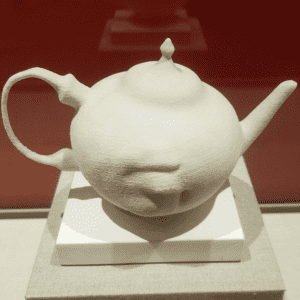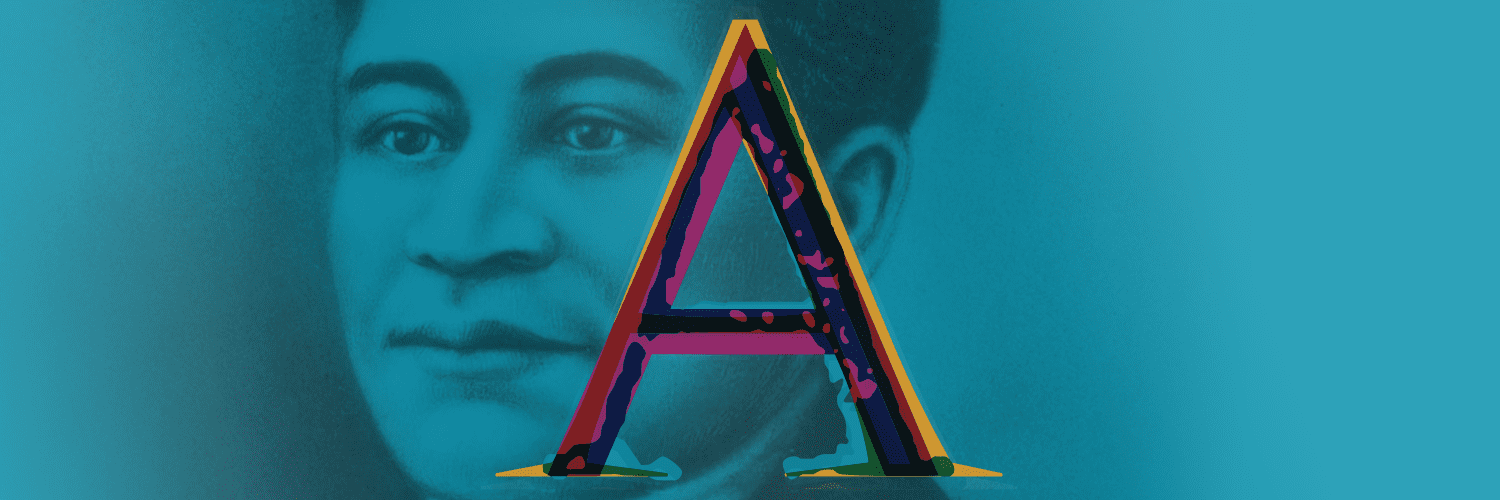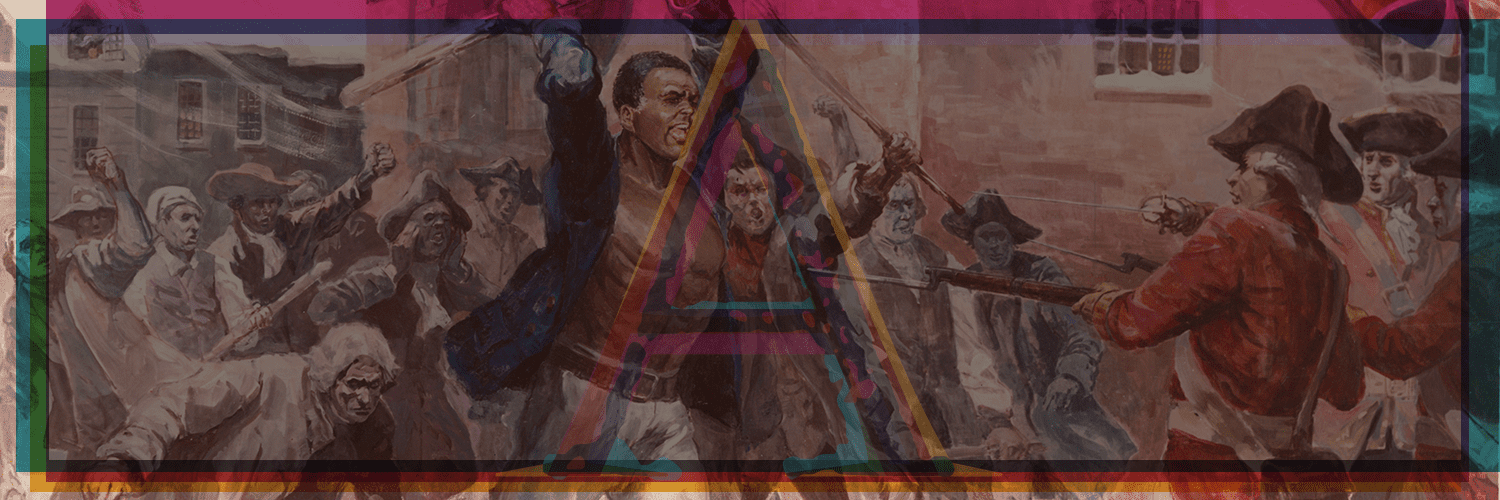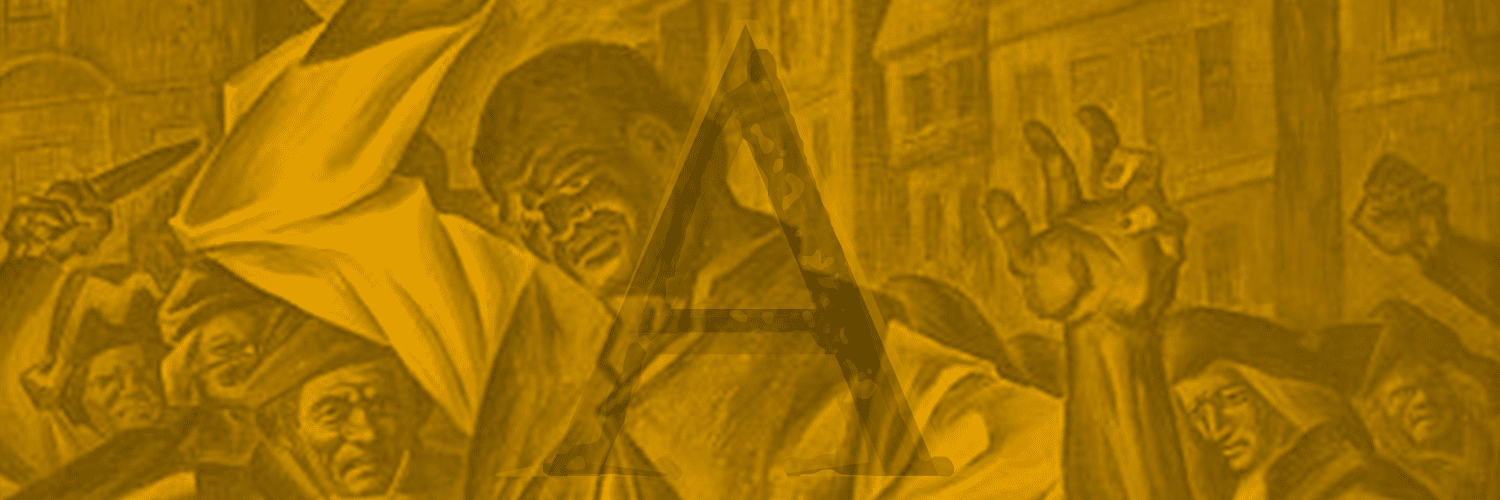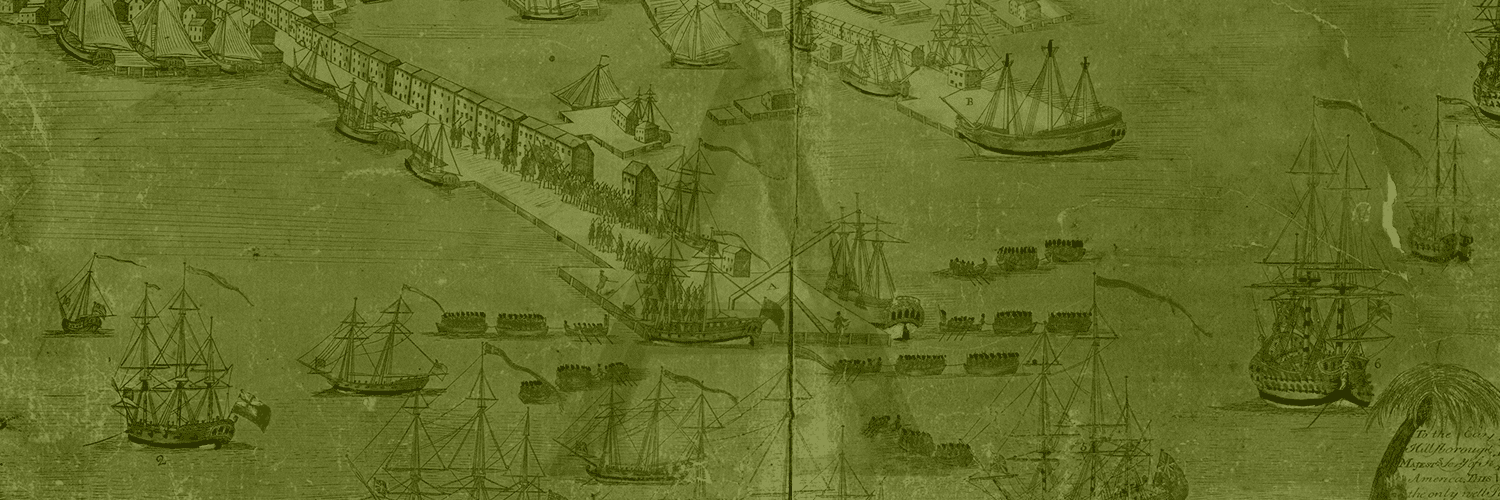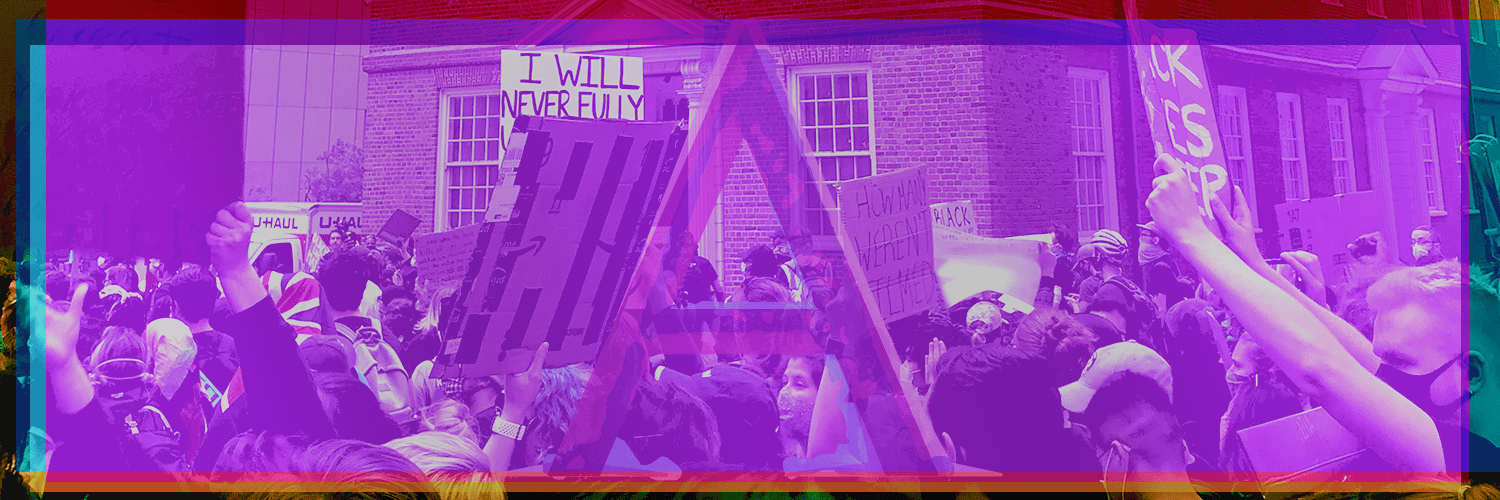Reflecting Attucks Introduction

The name Crispus Attucks is familiar to many Americans. A man of African and Native descent, Attucks was the first to fall in the Boston Massacre, an act of protest widely viewed as a turning point on the road to the American Revolution.
This exhibit is not a biography of Attucks the man. Like many 18th-century figures, he did not leave behind a long paper trail telling his story in his own words. However, we have vivid stories of his actions and the time in which he lived. These give us some sense of the man confronting a row of the King’s soldiers at gunpoint on that snowy evening of March 5, 1770, even if we do not know with certainty what he thought he was fighting for.
Reflecting Attucks is a story about how Americans turned the memory of Attucks into a powerful symbol of the courage and sacrifice needed to achieve change. Each generation saw its own reflection in the image of a man of mixed race standing in the face of fierce opposition. The death of Attucks and the other Massacre victims helped move the colonies toward independence, and he later became a mythic figure who inspired Americans to abolish slavery and strive for civil rights.
Additional Links
View the full folio of Larry Rivers’ Boston Massacre series in the Tate Modern’s collection
Elizabeth Kapp interprets the inspiration and effect of Larry Rivers’s Boston Massacre series.
View the original teapot from Historic New England’s collection that that Frano Violich used to cast his piece Material Witness.
Enter description text here.
The New York Times examines the original installation of Frano Violich’s Material Witness.
Enter description text here.
Material Witness
FRANO VIOLICH
2003
Plaster
Collection of the Artist
Click image to view.
Few objects and documents exist testifying to Crispus Attucks’s life. One of the only objects possibly connected to him is a teapot, which served as the inspiration for this work by Frano Violich. Material Witness comments on our fragmented knowledge of Attucks’s life and places him in the context of his work as a sailor or dock worker in Boston.


